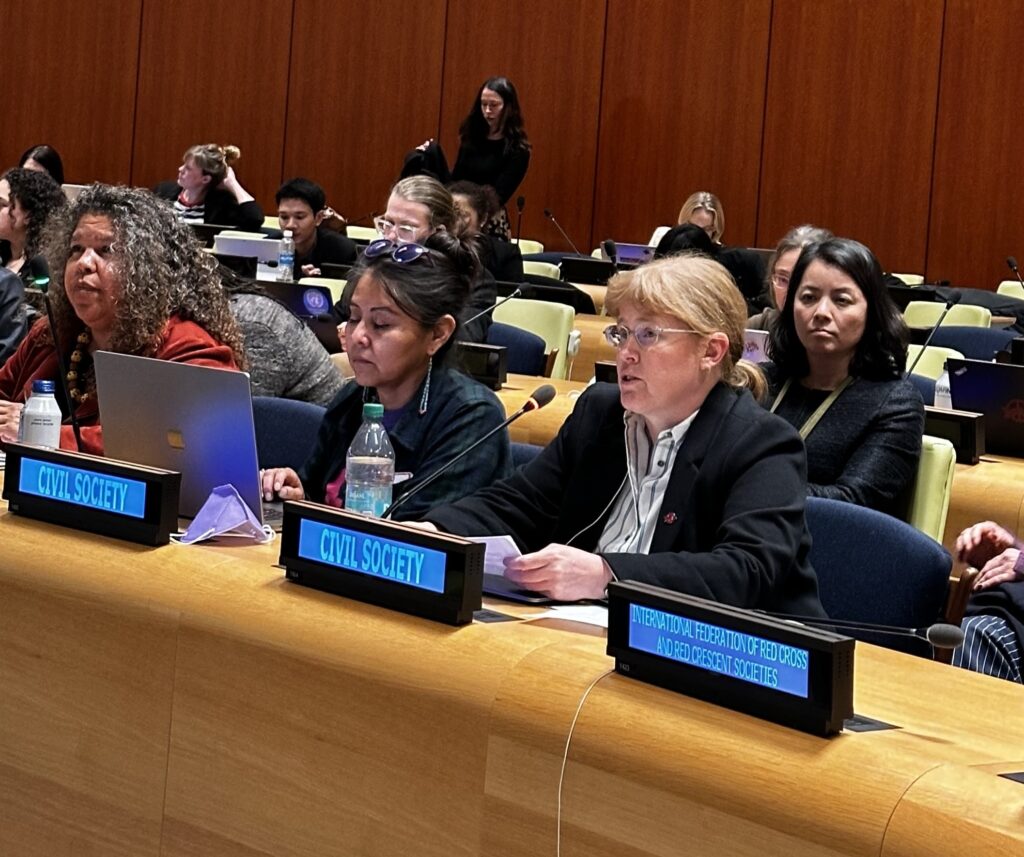CAMBRIDGE, MA — Harvard Law School’s International Human Rights Clinic (IHRC) has published new recommendations for designing an international trust fund on victim assistance and environmental remediation under the Treaty on the Prohibition of Nuclear Weapons (TPNW).
The report “Designing a Trust Fund to Maximize the Humanitarian Impact of the TPNW,” will be presented at the Third Meeting of States Parties to the TPNW at the UN in New York from March 3-7. It supports continued discussions of a trust fund, led by working group co-chairs Kazakhstan and Kiribati, and examines four essential questions:
1. Who should be eligible to contribute to the trust fund?
2. Who should be involved in distribution decisions?
3. Who should be eligible to apply for grants?
4. Who should be included in designing the fund?

In its responses to these questions, IHRC draws on policy considerations, principles of the TPNW and associated documents, and precedent from other trust funds. It looks in particular to IHRC’s 2023 comparative study of ten existing international trust funds.
Based on its research and analysis, IHRC calls for involving a broad range of actors at every stage of the trust fund’s operation and design. Doing so would be consistent with the TPNW’s cooperative and inclusive approach and help ensure that the trust fund is effective, sustainable, legitimate, and well grounded.
The full report is available here.
Bonnie Docherty, who supervised this clinical project, presented the highlights of this report to the TPNW’s Third Meeting of States Parties at the UN in New York on March 6. Her statement is available here.